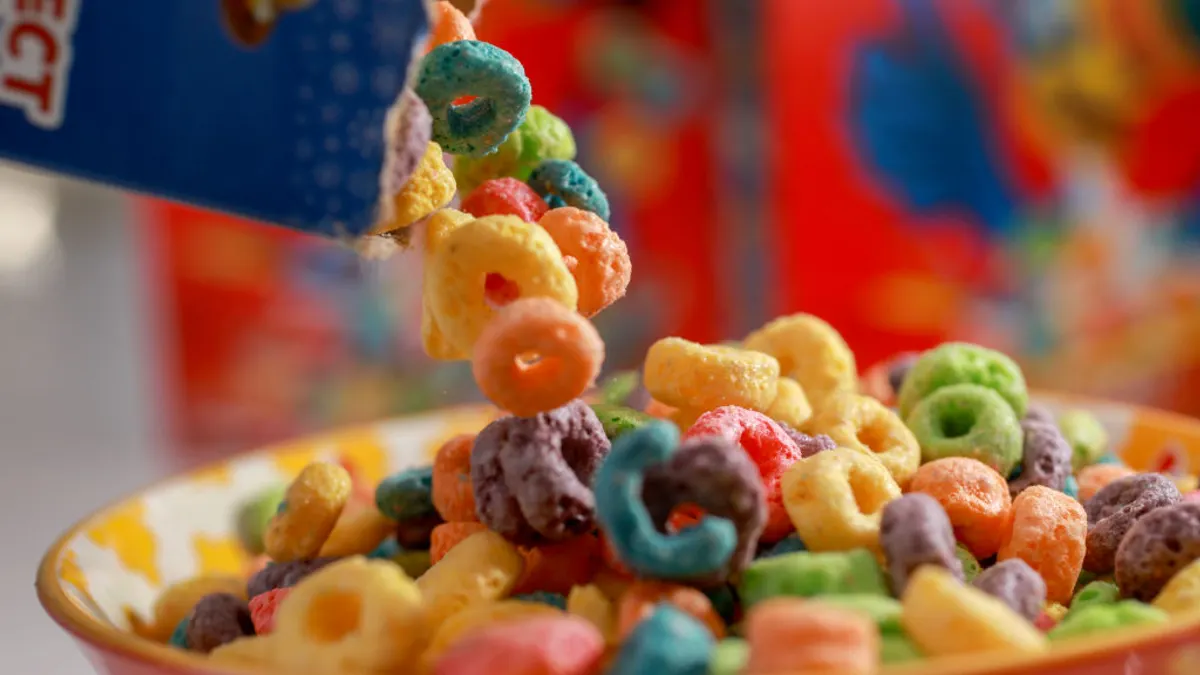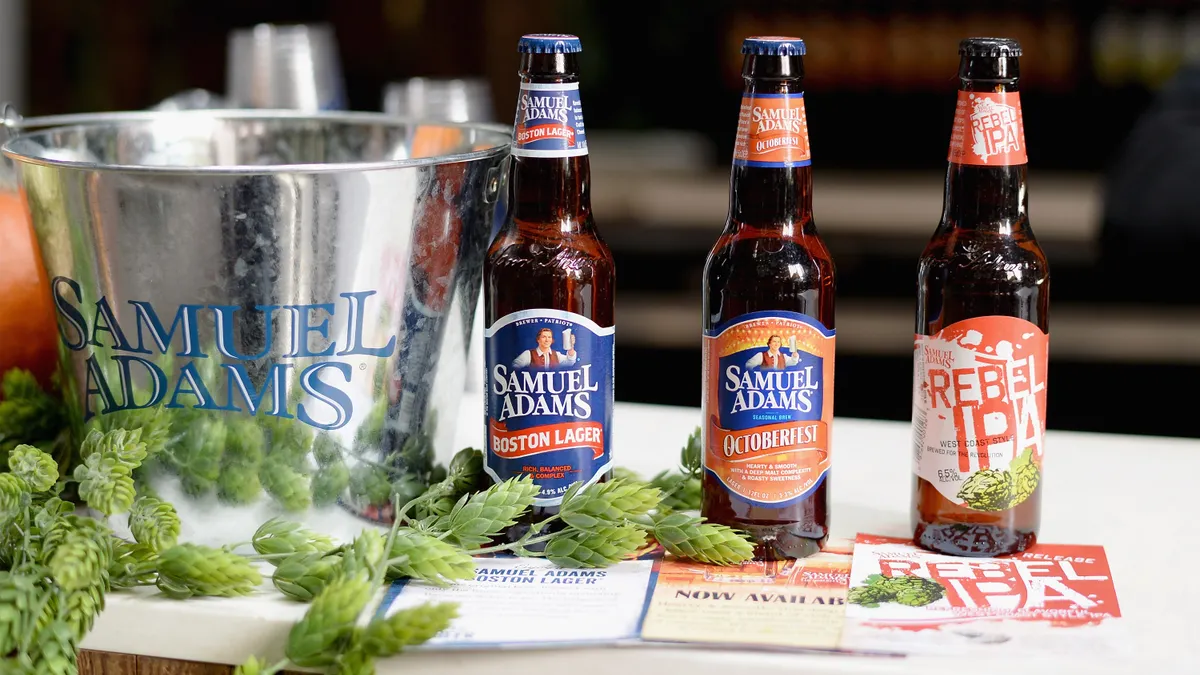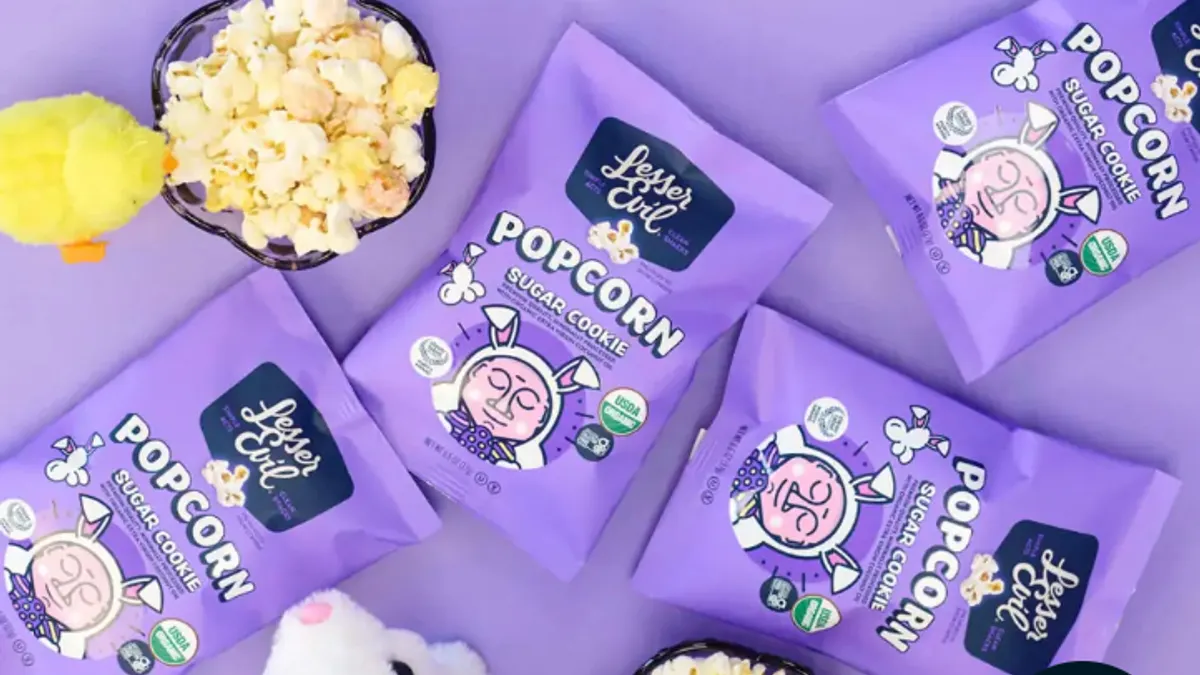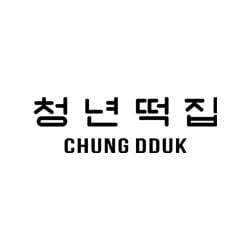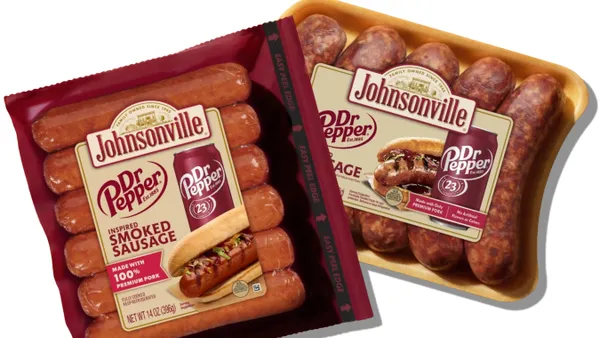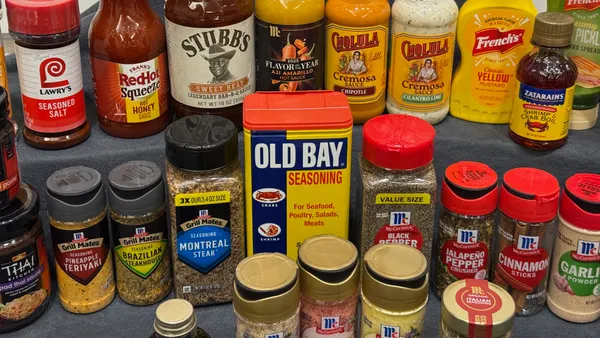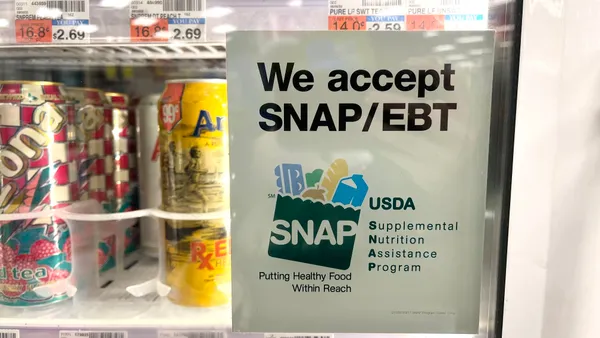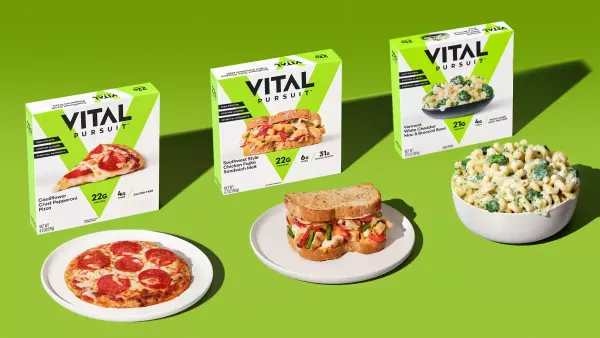Dive Brief:
- Food dye manufacturers are suing the state of West Virginia in a bid to overturn a state law that bans artificial colors in food and beverages.
- The International Association of Color Manufacturers argued in an Oct. 6 filing to the U.S. District Court for Southern West Virginia that the state "arbitrarily" bans dyes without scientific evidence, violating U.S. and state constitutions.
- West Virginia enacted legislation earlier this year prohibiting food and beverage companies from selling products with seven synthetic dyes, as well as the preservatives butylated hydroxyanisole and propylparaben, beginning in 2028.
Dive Insight:
Color manufacturers' legal challenge represents the first major effort from the food industry to fight back as more states consider artificial dye restrictions in step with the Trump administration's "Make America Healthy Again" movement.
Health Secretary Robert F. Kennedy Jr. asked the food industry to voluntarily eliminate use of artificial dyes by the end of next year, avoiding an outright ban. The FDA has previously declared artificial dyes to be safe, and the agency can only revoke approval when there's scientific evidence that the chemicals can cause cancer in humans or animals.
In the absence of federal regulation, states have picked up the mantle to introduce more comprehensive bans or restrictions. West Virginia became the first state to enact a broad ban on synthetic dyes, and Texas passed a law that foods with artificial colors carry warnings labels.
As of March, 20 states have introduced nearly 40 bills aimed at regulating artificial colors and other food additives, according to the National Conference of State Legislatures.
John H. Cox, General Counsel for the International Association of Color Manufacturers, said in a statement that West Virginia's ban "isn’t supported by scientific evidence.”
“To protect ingredient manufacturers and food companies, we are asking the U.S. District Court to immediately strike down West Virginia’s flawed ban," Cox said. "The statute arbitrarily and irrationally targets color additives no U.S. agency – state or federal – nor any court has ever found to be unsafe."
While those in the food industry have been privately stressing over the transition to natural dyes, the majority of large companies — including WK Kellogg, Kraft Heinz and Campbell's — have signaled intention to comply, especially amid mounting pressure from consumers.
Martin Hahn, a partner at law firm Hogan Lovells, said during a July panel discussion at the IFT First conference in Chicago that food historically has "not been an industry that goes to courts," though added the sector should consider being more litigious as more states enact bans.
"We have to stand up right now," Hahn said. "If we don't take action, we are going to incentivize the next round of legislatures to pass similar bills."


